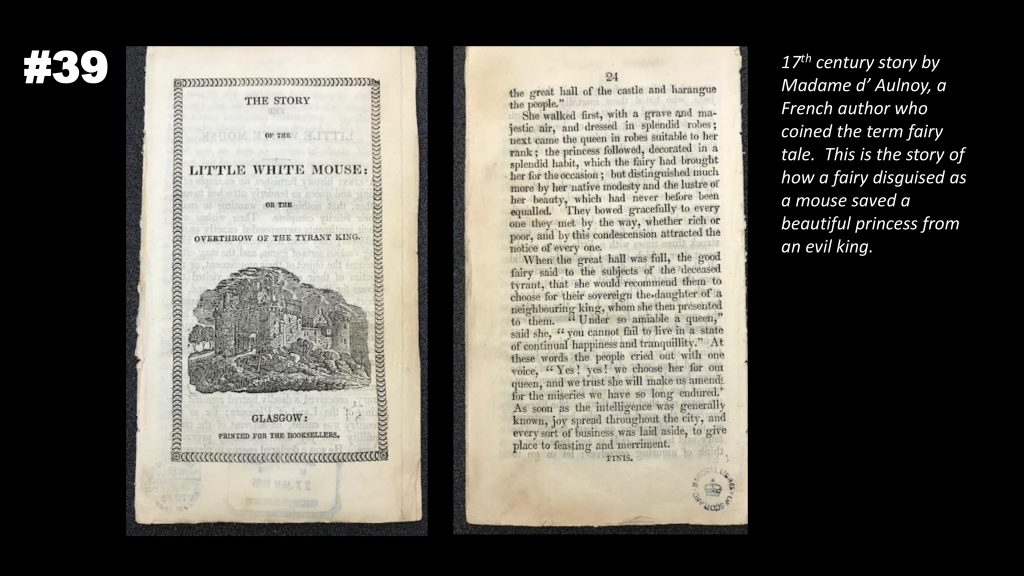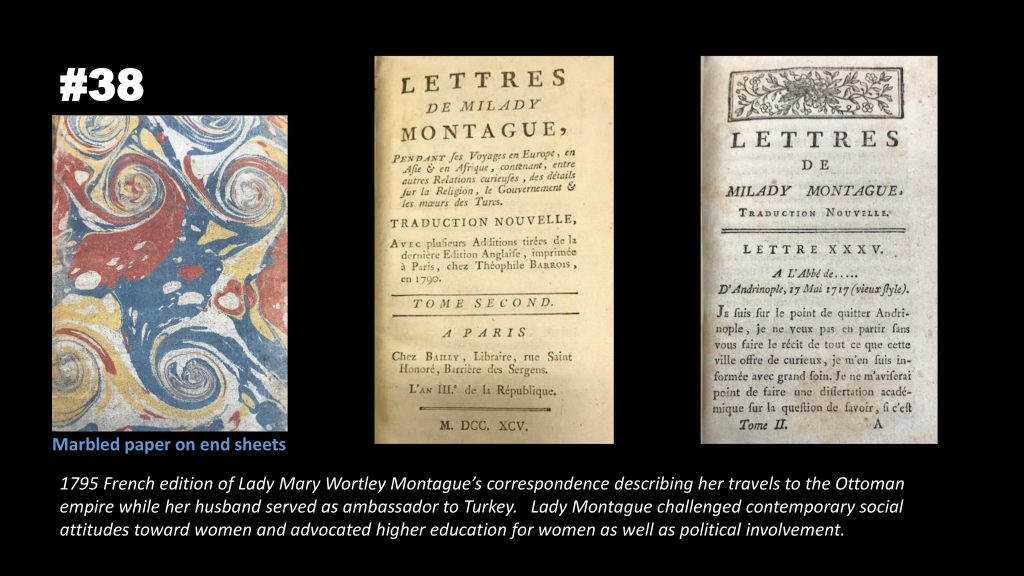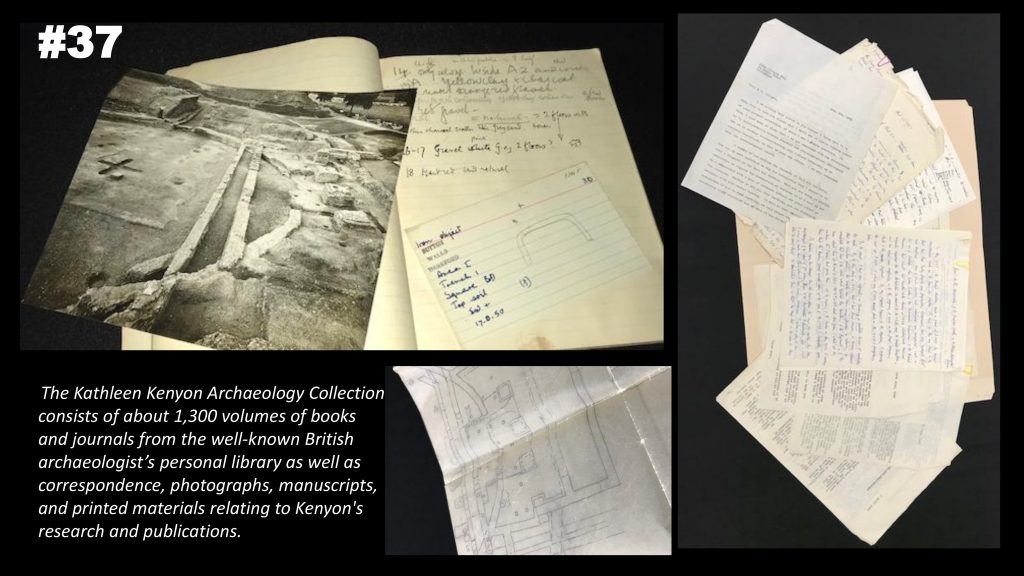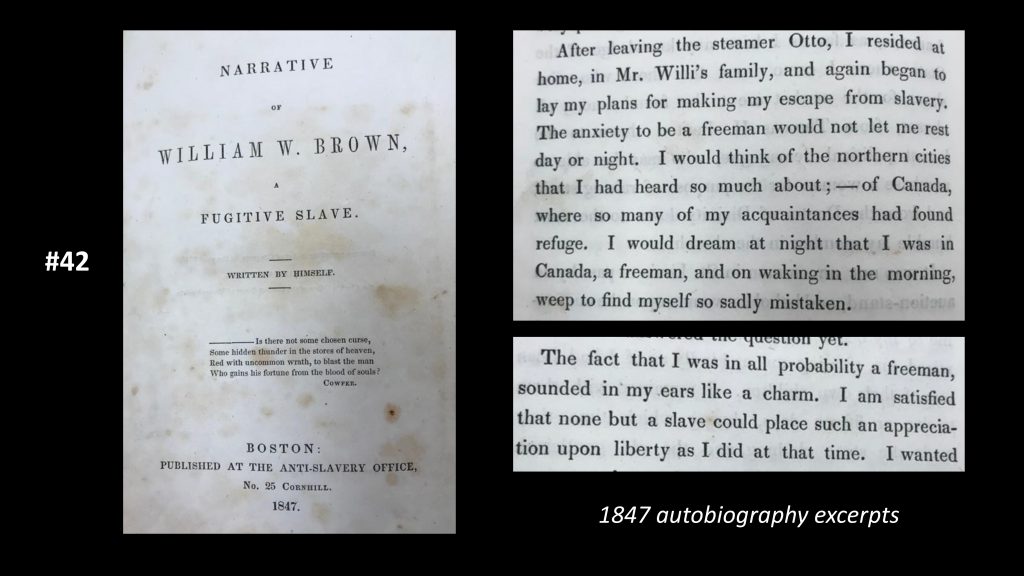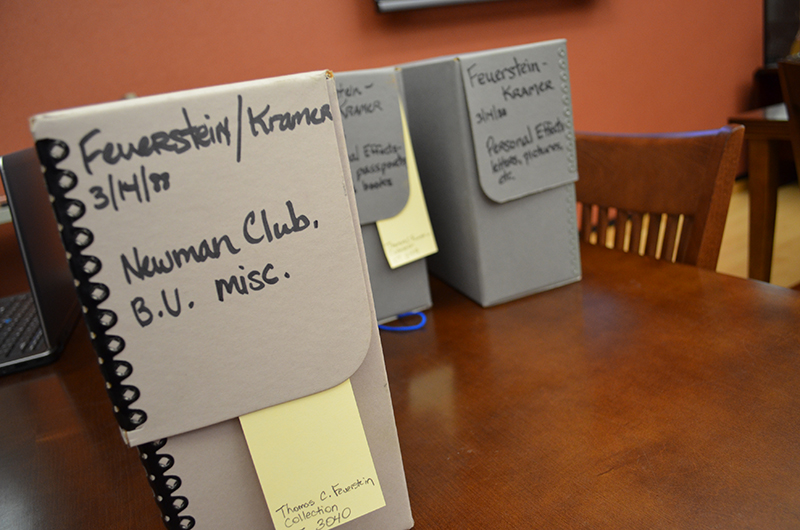 To celebrate the 50th anniversary of Moody Memorial Library, we are counting down 50 unique items from the special collections housed in the half-century-old building. For this edition, we will look at some of our unique works by women.
To celebrate the 50th anniversary of Moody Memorial Library, we are counting down 50 unique items from the special collections housed in the half-century-old building. For this edition, we will look at some of our unique works by women.
41 - 37
In honor of Women's History Month, we are highlighting some of our amazing women authors. Moody's Special Collections hold a wide range of fascinating pieces. See the link at the bottom of the post to make an appointment to see these and other extraordinary items.
#41 : "The child of nature: a dramatic piece. in four acts." by Elizabeth Inchbald.
#40 : "Ibrahim" by Madeleine de Scudery, French author credited with writing one of the longest novels ever published, Artamene, with over 2.1 million words.
#39 : "The story of the little white mouse or the overthrow of the tyrant king" by Madame d' Aulnoy. 19th century chapbook. Chapbooks, most popular in the 17th and 18th centuries, were inexpensively produced booklets intended to spread popular culture to common citizens.
#38 : "Letters de Milady Montague, pendant ses voyages in Europe, en Asie & en Afrique" (Letters from Milady Montague, during her travels in Europe, Asia, and Africa, containing, among other curious relations, details of the religion, government, and customs of the Turks) by Mary Wortley Montague (1689-1762). Most of Lady Montague's writing were published after her death.
#37 : Kathleen Kenyon Archaeology Collection. Read more about how this archive is being used here: https://blogs.baylor.edu/centrallibrariesstories/2018/03/01/kathleen-rachel-and-deirdre-three-womens-journeys-united-by-an-archival-collection/.
You can access these materials by arranging a visit with our special collections staff! To make an appointment, please visit our web page:
https://www.baylor.edu/lib/CentralLib/centralspecialcollections/
This post is part of the 50 for 50 series highlighting 50 unique and fascinating items found in the Central Libraries' special collections. The series is being held as part of the ongoing celebration of Moody Memorial Library's 50th anniversary.


